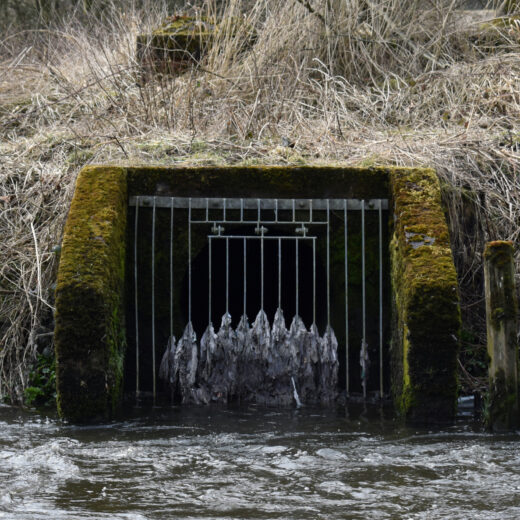
With sewage pollution, the government nearly met its Waterloo. Now this historic Act must turn to action
Op Ed by Christine Colvin, Director for Partnerships & Communications
12/11/21
This week we have a new Environment Act. It’s not the best Act we wanted for the environment, but it is a better Act thanks to active participation by thousands of members of the public, NGOs and Lords. Against the Duke of Wellington on the topic of sewage pollution, the government very nearly met its Waterloo, with highly effective campaigning and collaboration from activists, wild swimmers and MPs, like Philip Dunne, who resisted the whip. Even a mermaid joined the fray!
The Environment Act is much stronger on sewage pollution than it was a year ago as a result of this determined action to protect our rivers. It has been an emotive debate. England’s baptism of sewage on social media left us renamed Stool Britannia and, as the world arrived for COP26, we were declared a Turd World County. But the public debate has also been one where having the right information is critical.
The Rivers Trust Sewage Map has provided essential context and local data which informed the public debate, giving a clear view and some pretty shocking numbers on how much sewage is getting into individual rivers and constituencies. In total, more than 40,000 people wrote to their local MP to demand action on sewage pollution. Many more added their voices on social media, including Deborah Meaden and Gary Lineker.
The fact that we now have a chapter on Storm Overflows and much stronger framework for planning and monitoring a reduction in impact, is a victory for campaigners. The current wording stipulating a ‘progressive reduction in the adverse impact of discharges from the undertaker’s storm overflows’ is open to wide defence and interpretation, making it weaker than the Wellington amendment. The Wellington amendment made the finishing line clear: ‘ensure untreated sewage is not discharged from storm overflows’ and looked for progressive improvements in the whole sewerage system. Though the government’s amendment sounds the starting gun to initiate progress, our continued vigilance will no doubt influence how quickly and effectively water companies, and the regulator, run this race to resilience.
Our focus will now be on how we ensure strong precedents are set to achieve meaningful change in the short term, as well as how we establish a transparent and realistic baseline against which ‘progressive’ will be measured. Targets and timelines are not included in the Act, but should be in the Secretary of State’s plan to reduce discharges which will be published in September 2022. This plan will define how and whether the public’s call to stop sewage pollution will be met.
The social license to operate for England’s privatised water companies, has been deeply questioned during this debate. They have been accused of maximising profits with routine over-spills of untreated sewage, both in the media and in evidence to the Environmental Audit Committee. As better monitoring technology and active citizen scientists are mobilised to hold government and the water sector to account, our rivers will be under much more scrutiny and much better surveillance. This will tighten the vice and reduce the wriggle room around that word ‘progressive’, and the unlikely alliances that strengthened our law will be needed more than ever in holding to account the implementation (Dukes and mermaids included.)

